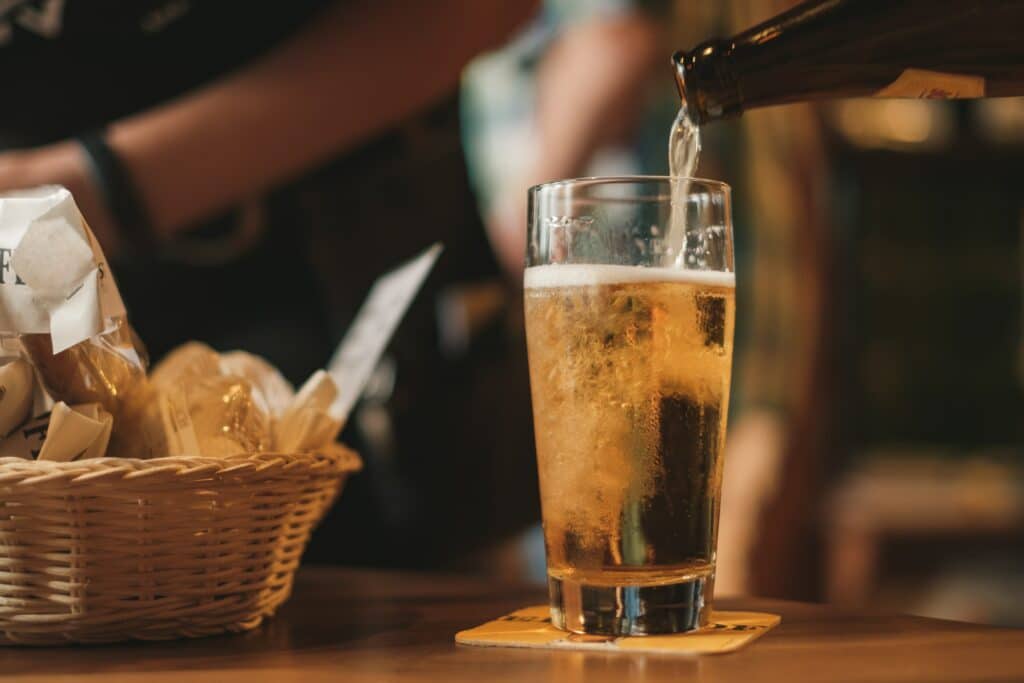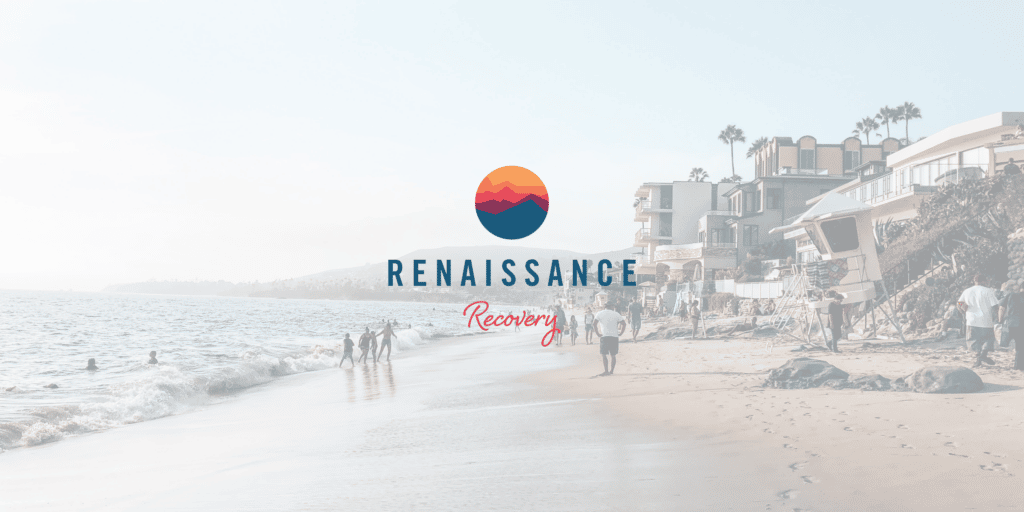There is a fine line diving a problem drinker from an alcoholic and both issues are a growing concern in the United States.
Data from NSDUH 2020, the most recent National Survey on Drug Use and Health conducted annually by SAMHSA (Substance Abuse and Mental Health Services Administration) shows the following:
Need help getting addiction treatment?
- 140 million people reported past-month alcohol use.
- 65.8 million people reported past month binge drinking.
- 16 million people reported heavy drinking.
- 28 million people have alcohol use disorder.
- 6.5 million people have substance use disorders involving both alcohol and illicit drugs.
Inflaming the issue, only 2 million of those people engaged with professional treatment for alcohol use disorder, just 7% of those suffering from alcoholism.
There are many terms used to describe patterns of alcohol consumption, some informal and some clinical descriptors. These include binge drinking, heavy drinking, alcohol use disorder, and problem drinking. All of these patterns of alcohol consumption are unsafe and inadvisable.
What is problem drinking, then?
Problem Drinking Definition
Those with AUD (alcohol use disorder and those who are considered problem drinkers both have unhealthy relationships with alcohol. That said, a problem drinker does not necessarily have a physical or psychological addiction to alcohol.
Problem drinking is a non-clinical term used to express any pattern of alcohol intake that leads to adverse outcomes like problems at home and work or legal complications stemming from alcohol abuse – DUIs, for instance.
Problem drinking is sometimes described as alcohol abuse or alcohol misuse.
NIAAA guidelines for alcohol use are based on these standard drinks:
- 12oz beer (5% ABV)
- 5oz wine (12% ABV)
- 1.5oz distilled spirits (40% ABV)
According to NIAAA (National Institute on Alcohol Abuse and Alcoholism), both binge drinking and heavy drinking are especially problematic:
- When a man consumes more than 5 alcoholic drinks within 2 hours or a woman consumes 4 or more alcohol drinks in the same period, this is known as binge drinking.
- When a man consumes more than 15 alcohol drinks each week or a woman consumes more than 8 alcoholic drinks in the same period, this is known as heavy drinking.
Both binge drinking and heavy drinking are problematic patterns of drinking alcohol that heighten your risk of subsequently developing alcohol use disorder.

Problem Drinking vs. Alcoholism
NIDA (National Institute on Drug Abuse), defines alcohol use disorder as a chronic relapsing brain condition. Central to alcoholism is a compulsive desire to drink alcohol despite obviously adverse outcomes.
Physicians and mental health specialists use APA’s Diagnostic and Statistical Manual of Mental Disorders to diagnose alcoholism. DSM-5-TR, the most current edition of this diagnostic tool, includes eleven criteria for alcohol use disorder as follows:
- Have you experienced powerful cravings for alcohol?
- Do you often drink more than intended or for longer than planned?
- Are you spending lots of time drinking or recovering from the after-effects of alcohol abuse?
- Have you tried and failed to cut down or quit drinking?
- Do you spend less time doing things you once enjoyed due to alcohol consumption?
- Is your alcohol consumption causing you to neglect personal and professional responsibilities?
- Has tolerance built so you need to drink more alcohol to get the same effects?
- Do you encounter withdrawal symptoms when the effects of alcohol subside?
- Are you still drinking alcohol despite it causing problems in your closest relationships?
- Do you consume alcohol in hazardous situations?
- Do you continue to drink alcohol even though it inflames a physical or psychological health condition?
When 2 or 3 symptoms manifest in a one-year period, this is classified as mild AUD. When 4 or 5 symptoms present, this is diagnosed as moderate AUD. Severe AUD is diagnosed when 6 or more symptoms manifest.
CDC (Centers for Disease Control and Prevention) report that 90% of those who consume too much alcohol are not alcohol dependent and do not have alcohol use disorder.
The study also points out that one in three U.S. adults consumes an excessive amount of alcohol. The more alcohol you consume, the greater the risk of dependence developing.
The same data indicates that one in ten of those who binge drink are alcohol-dependent and one in three of those who indulge in regular binge drinking sessions are dependent on alcohol.
All forms of problem drinking, including heavy drinking and binge drinking, can trigger physiological dependence and increase your risk profile for alcoholism.
Do I Have a Drinking Problem?
If you are concerned that you could be a problem drinker, first consult the criteria for alcoholism listed above and see how many symptoms you experienced over the previous year. This is no substitute for a diagnosis from a healthcare professional but can serve as a useful starting point.
You should then check whether you are classified as a binge drinker or a heavy drinker based on the above NIAAA and CDC guidelines.
Beyond this, ask yourself the following questions and answer honestly. All of the following are common red flags for alcohol abuse:
- Have your loved ones criticized your alcohol consumption?
- Do you feel guilty about the amount of alcohol you consume?
- Have you often considered reducing your alcohol intake?
- When you go out to drink alcohol, do you sometimes end up drinking for much longer than you first planned?
- Do you ever feel compelled to consume alcohol?
- Are you consuming more than the recommended amounts of alcohol to satisfy moderate drinking guidelines?
- Are your patterns of alcohol consumption considered binge drinking?
- Have you felt that your alcohol consumption is creating problems at home, school, or work?
Although problem drinking does not always lead to the development of alcohol use disorder, it increases the likelihood. While there is no cure for alcoholism, the right evidence-based treatment typically delivers positive outcomes. We can help you with that here at Renaissance Recovery Center.

Alcohol Rehab at Renaissance Recovery
We specialize in the outpatient treatment of alcohol use disorder and problem drinking here at Renaissance. This gives you the flexibility and affordability lacking in residential rehab programs.
If you require assistance with a medically supervised detox, we can connect you with a licensed medical detox center near you. All those at risk of more serious alcohol withdrawal should consider clinically-managed detoxification.
Once detoxed from alcohol, you’ll be ready to engage with a treatment program at your preferred level of intensity. We offer the following forms of therapy:
- OP: For those with mild alcohol use disorder, our outpatient program provides 2 to 3 hours of therapy sessions each week.
- IOP: For those with moderate alcohol use disorder, our intensive outpatient program provides 12 to 15 hours of therapy sessions each week.
- PHP: For those with more severe alcohol use disorder, our partial hospitalization program provides 30 to 35 hours of therapy sessions each week, making this the most intensive form of treatment outside of residential rehab.
- Virtual IOP: For those unable or unwilling to access our treatment facility, our virtual intensive outpatient program allows you to engage with remote therapy for alcohol use disorder.
If you are suffering from alcohol use disorder and a co-occurring mental health condition, address the problem drinking and mental health disorder at the same time through our dual diagnosis treatment program.
Regardless of the treatment intensity you choose, you’ll benefit from a personalized array of these evidence-backed therapies:
- Individual counseling
- Group counseling
- Psychotherapies like CBT or DBT
- MAT (medication-assisted treatment)
- Family therapy
- Holistic therapies
To take advantage of all of these therapies to combat problem drinking or alcohol use disorder, reach out to admissions right now at 866.330.9449.



